New Delhi: Here’s one Bharat Ratna awardee who won’t leave opinions divided. The conferring of the country’s highest civilian award on former prime minister Atal Bihari Vajpayee, predictably, has not attracted bitter reaction from even those sections of the political class opposed to him ideologically. This is because Atal Bihari the person overshadows Atal Bihari the politician so completely. His name evokes fond memories in almost everyone who interacted with him at some point in his long public life.
Mahendra Kulshesthra, 86, fondly remembers his old time friend, colleague and once roommate. “We were four friends who used to live in two small rooms at the backyard of a bungalow at No 2 Atal Road, in Lucknow Cantonment, which used to be the office of Panchajanya, Swadesh and Rajdharma in the early 50s. The road, of course, wasn’t named after Vajpayee. We were fresh out of college then and used to sleep on the floor. Atalji was a great orator and subsequently he joined Bhartiya Jan Sangh under Dr Syama Prasad Mookerjee. While we stayed together for five years, I never took notice of his oratory skills. It was only a few years later, when I was in Pune, that I was amazed by his talent, when he addressed a public rally at Shaniwaar Baada. The entire city went crazy," he says.
Kulsheshtra, who’s about to complete Vajpayee’s biography and was the founder-editor of Orient Paperbacks, told Firstpost: “From the very beginning of his political career, he displayed his organisational skill and leadership quality, and became acceptable to all. He was the first MP from Bhartiya Jan Sangh, who won one election after another.”
Another old-timer, Lucknow-based editor of Rashtra Dharma magazine and writer, Anand Mishra ‘Abhay’ is quick to add, “After listening to Atalji’s first address in the Lok Sabha, Jawaharlal Nehru had patted his back and said that Vajpayee had the potential to become a future PM of India. This was a big recognition for Atalji’s talent and his acceptability amongst the opponents, because Nehru was against Jan Sangh.”
On his first interaction as a young writer with Vajpayee, Mishra reminisces, “He was then the editor of Veer Arjun. Receiving my article, he not only congratulated me in person but published it as well. Subsequently, I met him on various occasions over the years. After taking over as the editor of Rashtra Dharma in late 1940s, his first special issue on Raksha Bandhan sold 3,500 copies. He brought noted litterateurs on board, and the circulation went up to 7,000. It was uncommon those days, as Hindi magazines sold only 500-700 copies. His editorials and poems were a hit.”
Referring to a big Jan Sangh rally at Jhandewala Park in Lucknow, Mishra recalls Vajpayee’s political wit: “Atalji arrived quite late and the public was eagerly waiting to listen to him. Instead of any apology, he went straight to the dais and in a poetic manner said —Uttar Pradesh ki tooti-phooti sadke (the bad condition of roads in UP)…aur Jan Sangh ka khatara gaadi (and Jan Sangh’s ramshackle vehicle)…_Iss Pradesh mein Chandra aur Bhanu dono hi gupt hain, wahan kya ho sakta hai (_What can be expected from this state where both the Moon and the Sun are in hiding). The sun and the moon reference was to the poor governance of the then chief minister of UP, Chandra Bhanu Gupta.”
According to his associates, Vajpayee became an editor at an early age, immediately after completing his post-graduation from DAV College, Kanpur. His first assignment as a journalist was with Rashtra Dharma. Later he became editor of Veer Arjun and Panchajanya, the Hindi-weekly of the RSS.
Back home, Vajpayee’s relatives from his birthplace Gwalior and other cities have arrived in Delhi to celebrate his birthday and the announcement of the award.
“It’s great news for all of us. And, the best part is that it has come on the eve of his 90th birthday. It’s double joy for us. We’re thankful to the PM and the government for acknowledging him for the highest civilian award. I came into politics following him and always idolised him,” Vajpayee’s nephew and Lok Sabha member from Morena, Anoop Mishra told Firstpost. “Our relatives from Gwalior have reached Delhi to celebrate this grand occasion,” added Mishra, an ex-minister of Madhya Pradesh.
Vajpayee, the sixth child among seven brothers and sisters, was born to Krishna Devi and Krishna Bihari Vajpayee on 25 December, 1924 in a middle-class Bramhin family in Gwalior. His grandfather, Pandit Shyam Lal Vajpayee, had migrated to Morena from his ancestral village of Bateshwar in Uttar Pradesh.
“Atalji was closely attached to Gwalior, as he also completed his graduation from there. I’ve met his father, who was a schoolmaster and a poet who used to come to Delhi to know about the well-being of his son, thrice” adds Kulsheshtra, a former editor of Panchajanya.
After watching the news of Vajpayee being conferred with Bharat Ratna, the residents of Kamal Singh ka Bagh at Shinde ki Chawni locality in Gwalior are visibly upbeat. But, there is hardly anyone at the ancestral house at the end of the narrow bylane, as almost everyone has left for Delhi.
In a freewheeling chat with this correspondent on an earlier occasion, Vajpayee’s Gwalior-based nephew (his elder brother’s son) Deepak Vajpayee had shared, “I owe my name to chacha. I was named Sunil but within a year of my birth, he changed it to Deepak.”
Sharing many anecdotes, he recalled: “In early 70s, when Chacha was already a well-recognised name and face in politics in north India, he rode through the Gwalior city on a bicycle. He had just won the 1971 election and he told me to get him a ladies’ bicycle to move around because it was more comfortable to ride in a dhoti. My sisters and I used to share a ladies’ cycle and I promptly gave that to him. And he rode 10-15 kms on that cycle through the city, with people stopping him and wondering why wasn’t he going around in a car.” He added, “But that’s how he has always been, extremely simple at heart.”
There is hardly anything that this country doesn’t know about Vajpayee. What, however, many don’t know about him is that he has been a silent yet active social worker too, through the trust he created in his father’s memory – “The Krishna Bihari Vajpayee Trust,” with Deepak as one of the trustees. However, he never whole-heartedly approved of Deepak getting into active politics and dissuaded him from doing so vehemently.
Many politicians and analysts opined that Vajpayee’s leadership and humane qualities could best be judged from his own statements he used and introduced in the country’s vocabulary – ‘Coalition Dharma’ and ‘physically and mentally challenged’ (instead of the earlier ‘physically/ mentally disabled’).


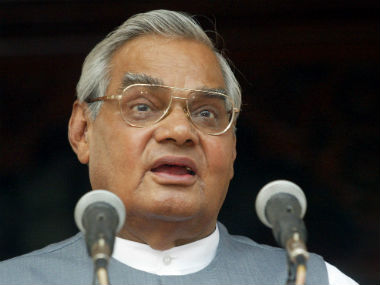)




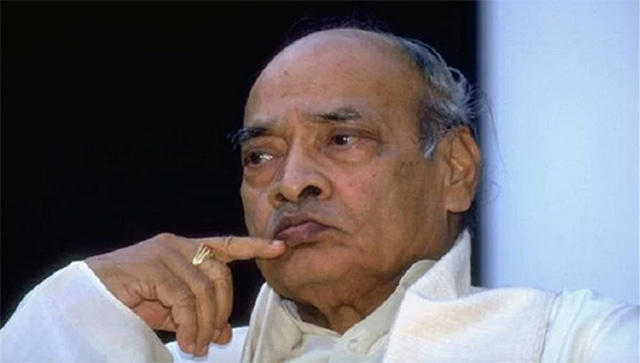)
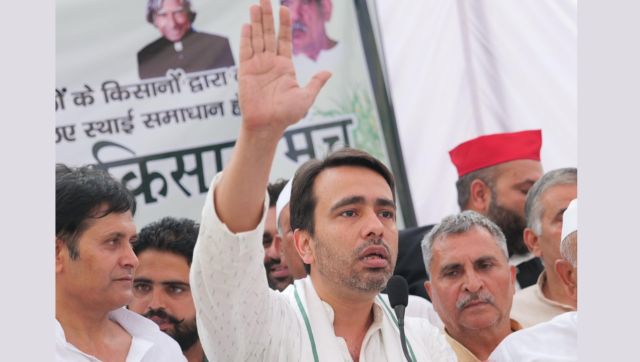)
)
)
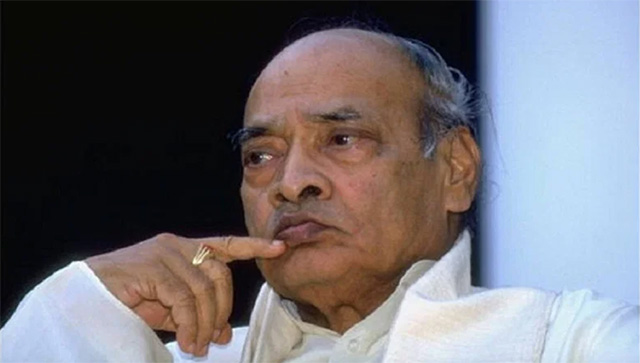)
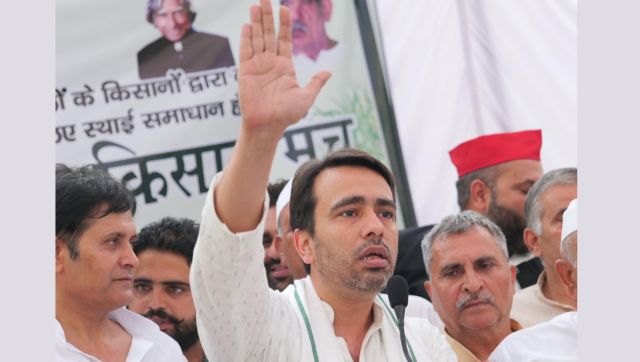)
)
)